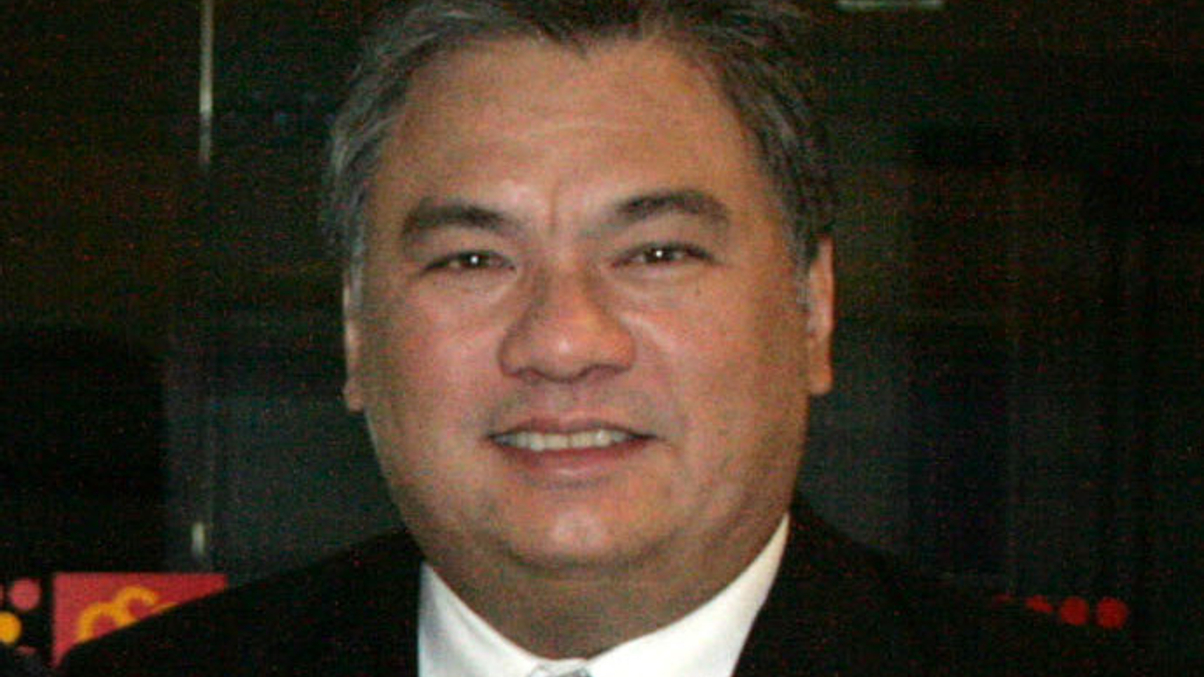Philippine Stock Exchange promotes investor relations best practice
The exchange has signed an agreement with Thomson Reuters to help its smaller listed companies improve their exposure to investors.

The Philippine Stock Exchange (PSE) will collaborate with technology firm Thomson Reuters on promoting investor-relations (IR) best practices among its listed firms. The agreement will see the exchange promoting the vendor’s IR solutions to public companies.
Sign in to read on!
Registered users get 2 free articles in 30 days.
Subscribers have full unlimited access to AsianInvestor
Not signed up? New users get 2 free articles per month, plus a 7-day unlimited free trial.
¬ Haymarket Media Limited. All rights reserved.


